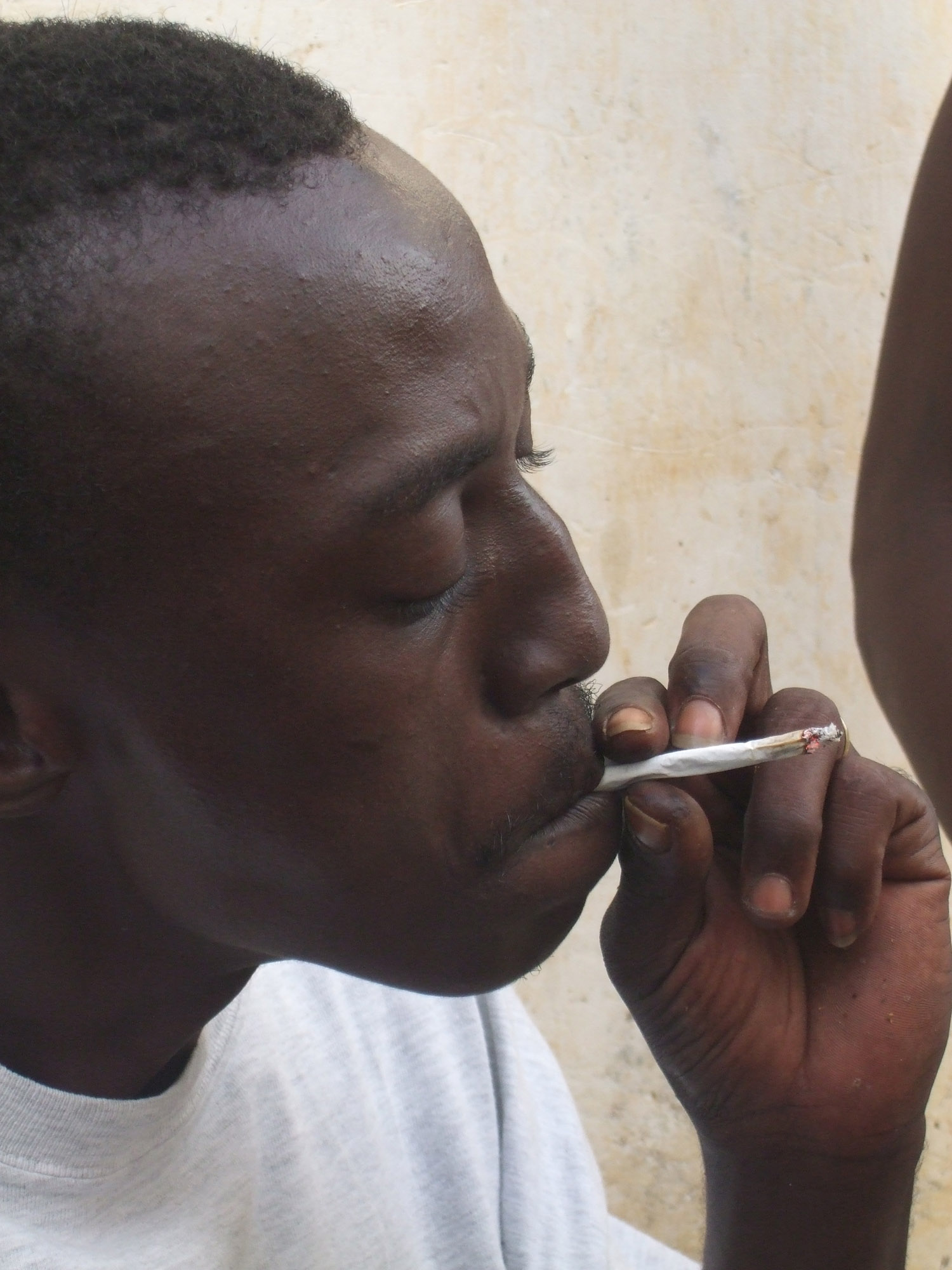The South African AIDS lobby group, the Treatment Action Campaign (TAC), has expressed concern that misreporting in the media may fuel a craze of its own and put HIV patients and ARV drug stocks in jeopardy.
Traditionally, the term 'whoonga' in South Africa referred to low grade heroin, which was often mixed with substances like rat poison and detergent to increase its volume prior to sale. Recent media reports have alleged that 'whoonga' now contains crushed ARVs and that the use of the combination of heroin and HIV treatment is widespread among the country's townships, particularly those surrounding the port city of Durban in South Africa's KwaZulu-Natal Province.
Don't believe the hype
While Anwar Jeewa, director of the Durban-based drug rehabilitation centre, Minds Alive, said a small percentage of drug users may indeed be crushing and smoking ARVs, tests conducted by the centre and by staff from South Africa's University of KwaZulu-Natal (UKZN) have found no traces of the life-saving drugs in 'whoonga' samples.
Jeewa collected and tested six 'whoonga' samples from six different Durban townships, while Thavendran Govender, with UKZN's School of Pharmacy and Pharmacology, tested a further two samples for the South African investigative TV journalism programme Carte Blanche. None of the eight samples were found to include ARVs.
Vumami Gwala, coordinator for the small, Durban-based project, Whoonga Free, says not only are there no ARVs in 'whoonga' but that most people who do crush and smoke ARVs do so because they cannot afford 'whoonga' itself.
ARV smokers themselves remain a minority of drug users, according to Jeewa, who added that those who can afford 'whoonga' may have been led to believe they were buying ARV-laced heroin by dealers or by the media's recent misreporting.
"When [addicts] buy their drugs from dealers, it's not ARVs but they are not sure themselves whether they are smoking heroin or ARVs," he told IRIN/PlusNews. "The people who are smoking ARVs are a very small minority group, I would say not more than 5 percent of drug users."
When taken orally, the ARV Efavirenz does have initial side-effects including dizziness, double vision and vivid dreams, effects that have fuelled abuse of the drug in pill form in prisons. But Andy Gray, a senior lecturer at UKZN's department of therapeutics and medicines management, says it is unlikely smoking the drug would produce the same effects.
"'Whoonga' is a drug problem that has already been here for years and we really need to debunk this myth that it contains ARVs," he said.
New name, same drug
According to Jeewa, 'whoonga' was previously known as "sugars" in South Africa, a name short for the internationally better-known term for low-grade heroin, "brown sugar". The drug eventually became known by the name 'whoonga', which anecdotal evidence suggests is Tanzanian; Tanzania is an entry point for heroin into Africa.
But Jeewa said making people think ARVs are a good high - coupled with a new name for "sugars" - may be all part of the game; he likened it to rebranding and repackaging a product in order to boost sales.
It is the kind of marketing ploy that feeds into the minds of addicts, according to Shamin Garda, national executive director of the South African National Council on Alcoholism and Drug Dependence.
"What happens with most addicts is that they feel the more they put into [their drugs], the better effect they have," she told IRIN/PlusNews. "If there's not even an effect [that comes with smoking ARVs], we need to educate them about the fact that it's not doing anything for them."
|
Photo: Laura Lopez Gonzalez/IRIN  |
| Illegal drug use is rife in South Africa's townships |
With all the claims about ARVs' inclusion in 'whoonga' and not a lot of evidence to back them up, Caroline Nenguke, spokesperson for TAC, says the issue may create a dangerous situation for ARV patients and endanger drug stocks.
Incidents of ARV theft have been reported and the Department of Health has speculated that those behind some of these incidents may have intended to sell the drugs for recreational use. Nenguke says there are fears that continuing to incorrectly link ARVs to 'whoonga' could fuel more ARV thefts.
"We think that [the media] are actually driving the problem," she told IRIN/PlusNews. "The more people say 'whoonga' contains ARVs, the more drug pedlars will start trying to push it when it doesn't work at all."
llg/cb
This article was produced by IRIN News while it was part of the United Nations Office for the Coordination of Humanitarian Affairs. Please send queries on copyright or liability to the UN. For more information: https://shop.un.org/rights-permissions
